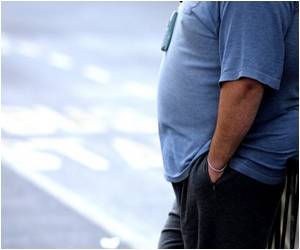
"It's clear that not wearing a seatbelt is associated with a higher chance of death," said lead author Dietrich Jehle, MD, professor of emergency medicine at the UB School of Medicine and Biomedical Sciences and associate medical director at Erie County Medical Center.
"We hypothesized that obese drivers were less likely to wear seatbelts than their normal weight counterparts. Obese drivers may find it more difficult to buckle up a standard seatbelt."
The finding comes from the same UB researchers who in 2010 identified obesity as a risk factor for death in a study of 155,584 drivers in severe auto crashes. In that study, they found that morbidly obese individuals are 56 percent more likely to die in a crash than individuals of normal weight.
The UB researchers based their study on data in the national Fatality Analysis Reporting System (FARS) of the National Highway Traffic Safety Administration, which tracks motor vehicle crashes and numerous variables about the collisions, some of which are related to seatbelt use.
They looked at 336,913 drivers who were in a severe crash where a death occurred and controlled for confounding variables.
Advertisement
Not buckling up is, of course, a deadly decision, said Jehle: it delivers more force to the body much more quickly while also increasing the chances of being thrown from the car.
Advertisement
"How can we make it more likely for people, including the overweight or obese, to wear seatbelts?" he added.
He insisted that these findings also raise questions about how best to conduct crash-tests of cars. He noted that the dummies that are used in crash-tests are not obese.
Source-ANI










